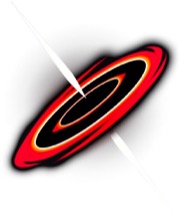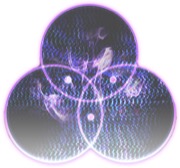| UnArcaneElection |
| 1 person marked this as a favorite. |
The Penecontemporaneous One wrote:That's the thing about absolute titles: They are true, until unexpectantly, they aren't. As scary as ZK as, Shelyn the Cenobite Queen would be far scarier.IonutRO wrote:If one of Shelyn's names wasn't "The Incorruptible" I might be worried :)The Penecontemporaneous One wrote:At first, this was one of my few real disappointments in the book, that Shelyn didn't even make the "other gods" list...but then I looked a bit more carefully, and found cause for hope :)I wouldn't say hope, I'd more say terror. She's going places that might very well corrupt her.
It's mot just a title -- Shelyn actually has a track record of resisting and turning the tables on things that were supposed to corrupt her, and of being better in combat than those attacking her expected.
| DemonHunter of Heaven |
Wohoo, I'm happy they avoided the whole "let's describe god of destruction as nihilistic" thing with the Devourer :D
(though granted, it does sound more nihilistic than Rovagug since Rovagug hates existence while Devourer just wants to end to everything for no real reason I guess? Still I'm glad they avoided the "nihilism is evil!" implications in that blurb)
Also I think Devourer is CE because Entropy is Chaotic force in Pathfinder.
i agree, but Ebberon's Devourer is a god of wirlpools and other destructive forces of nature rather than an all-destroying entity.









